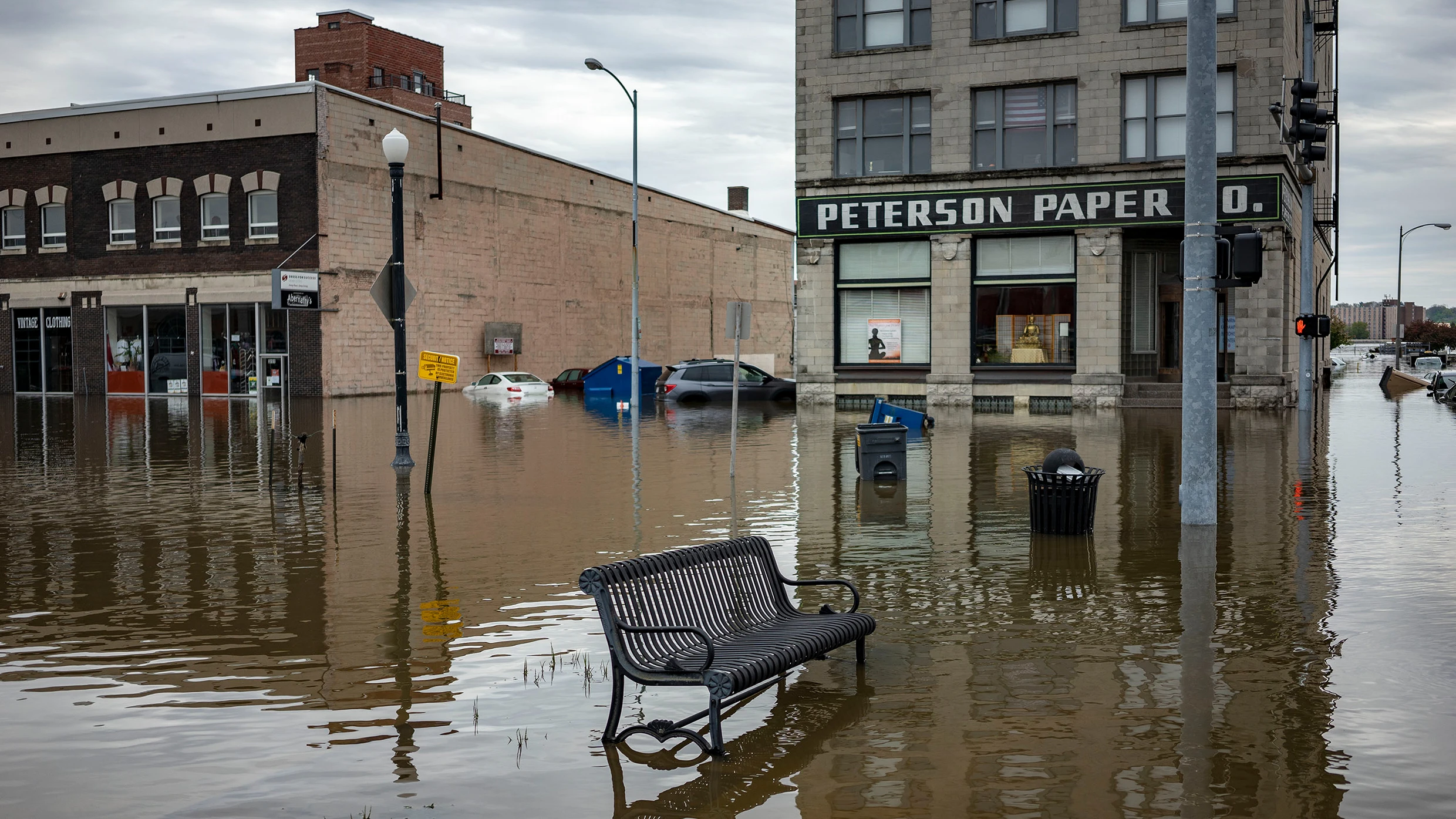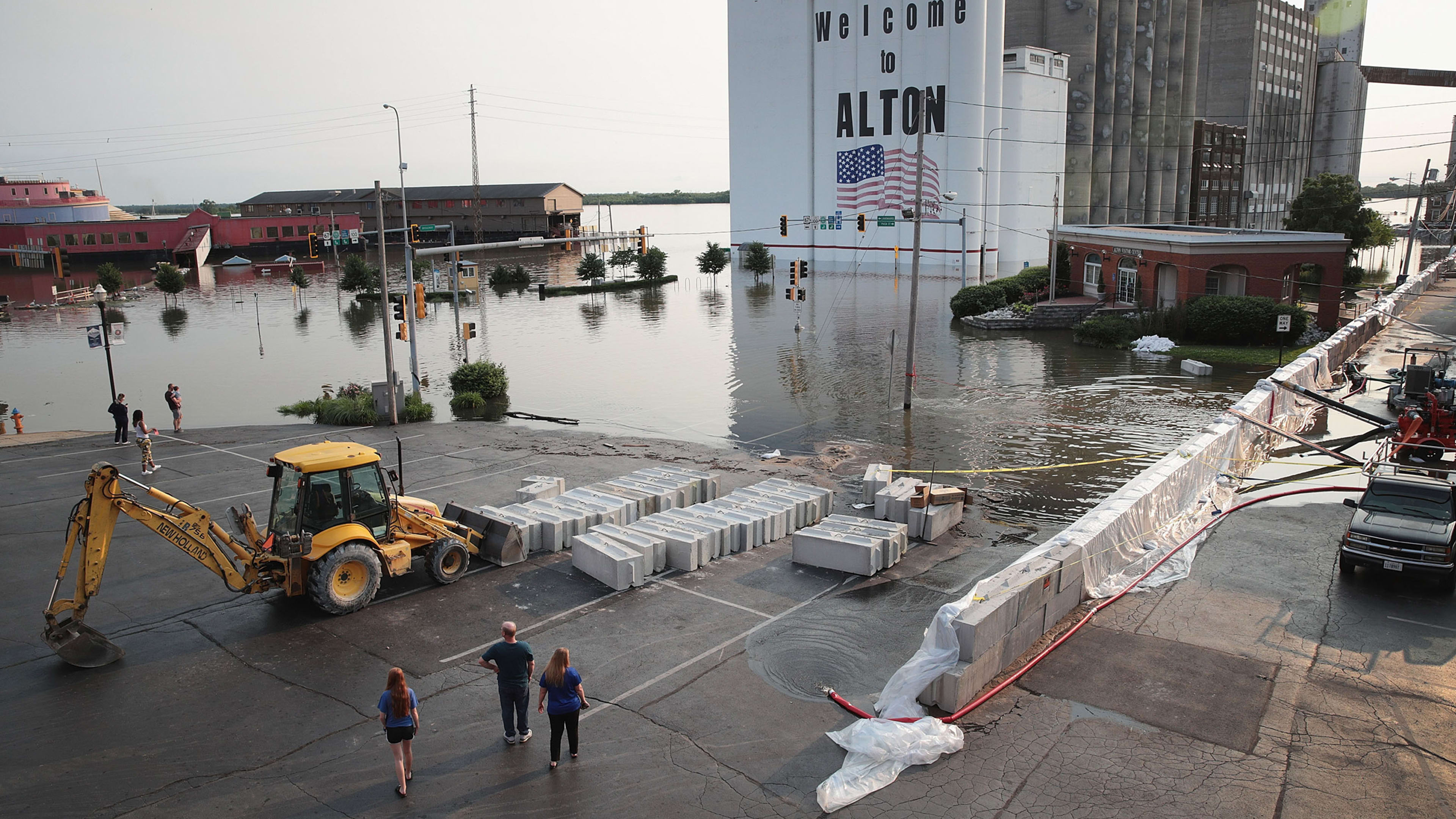Living through a natural disaster like the horrific floods and wildfires that struck the U.S. last year is a destabilizing experience. People watch their homes and possessions be destroyed, and in some cases, their whole communities. A hurricane or a fire can flip the path of someone’s life from certain to uncertain in a matter of seconds.
And along with that instability, people might find themselves questioning their level of concern around climate change.
After Colorado’s Front Range was hit with extreme and unusual flooding in 2013, residents were left shaken and wondering what caused the event. The three-day total rainfall around the Boulder area exceeded any monthly precipitation tally since rainfall records began in the late 1800s. After the flooding subsided, many residents reported stronger beliefs in climate change, and higher levels of concern about what it might mean for the future.
This is not exactly a revelation: Multiple studies have drawn a link between extreme weather and a greater willingness to accept the reality of climate change. In Oklahoma and Arkansas right now, people are reconsidering their views of climate change in the aftermath of extreme floods. But interestingly, the researchers behind this finding from the Colorado floods found that it wasn’t damage to people’s individual properties that influenced this change in thinking. Rather, seeing widespread devastation in their neighborhood and broader community seemed to cement people’s belief that climate change is happening, and will continue to pose a threat in their lifetimes.

“Going into it, we thought that individual damage levels would matter, but that didn’t really play out,” Albright says. After the floods, she and Crow issued a set of surveys to nearly 1,000 randomly selected people in six communities, including Boulder and Longmont, that had been hard-hit. They stratified their survey pool, using flood data from FEMA, to include people both in the flood zone and outside of it, and also captured diverse political views. The questions asked people to rate, on a scale of one to five, if they agreed with the ideas that climate change was a severe threat, that it will affect them personally, and that it contributed to the 2013 floods. The survey also asked people to detail their perception of the damage from the floods: how it impacted themselves, their neighborhood, and their community.
Albright and Crow found that, contrary to their original expectations, personal property damage due to flooding did not meaningfully track with strong agreement on the threat of climate change. “It was perceptions of the neighborhood and community-level damage that were linked with higher beliefs in climate change,” Albright says.
The researchers estimate that this might be, in part, due to how climate change is culturally portrayed. Discussions of the global climate crisis tend to portray associated events as broadly devastating. “It may be that individuals who experience and perceive broad neighborhood- and community-scaled effects of flooding may be more likely to associate those experiences and perceptions with the large-scale phenomena of climate change, as compared with those who did not experience or perceive wide-scale flood damage, all else constant,” the researchers note in the report. Albright and Crow also note that collective experiences, rather than individual ones, may prompt people and communities to look to larger-scale causes for the trauma they lived through together.
These findings could inform how communities respond in the aftermath of natural disasters. While recovery at the individual level is important, Albright and Crow’s research suggests that a disaster could unite people in a larger discussion around the long-term resilience of their community, and encourage people to plan for recovery in the context of the persistent threat of climate change. Acknowledging that, too, might help a community be better prepared the next time a disaster hits.
Recognize your company's culture of innovation by applying to this year's Best Workplaces for Innovators Awards before the extended deadline, April 12.
